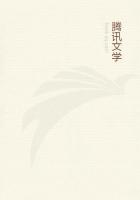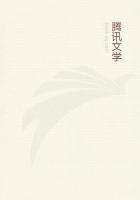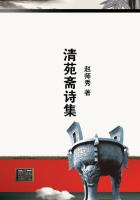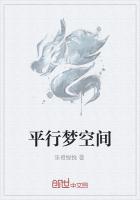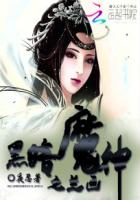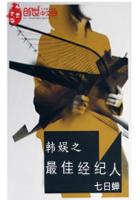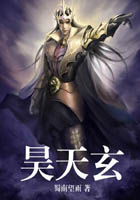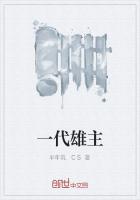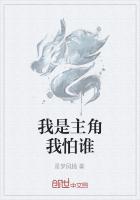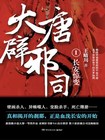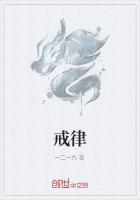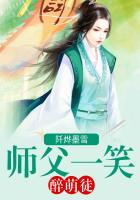THE "reconquest of the classic world of thought was by far the most important achievement of the fifteenth and sixteenth centuries. It absorbed nearly the whole mental energy of the Italians.... The revelation of what men were and what they wrought under the influence of other faiths and other impulses, in distant ages with a different ideal for their aim, not only widened the narrow horizon of the Middle Ages, but it also restored self-confidence to the reason of humanity."[1]
[1] J. A. Symonds: The Renaissance in Italy; the Revival of Learning, 1877, p. 52.
Everywhere throughout the Middle Ages learning was the handmaid of theology. Even Roger Bacon with his strong appeal for a new method accepted the dominant mediaeval conviction--that all the sciences did but minister to their queen, Theology. A new spirit entered man's heart as he came to look upon learning as a guide to the conduct of life. A revolution was slowly effected in the intellectual world. It is a mistake to think of the Renaissance as a brief period of sudden fruitfulness in the North Italian cities. So far as science is concerned, the thirteenth century was an aurora followed by a long period of darkness, but the fifteenth was a true dawn that brightened more and more unto the perfect day. Always a reflex of its period, medicine joined heartily though slowly in the revolt against mediaevalism. How slowly I did not appreciate until recently. Studying the earliest printed medical works to catch the point of view of the men who were in the thick of the movement up to 1480-- which may be taken to include the first quarter of a century of printing-- one gets a startling record. The mediaeval mind still dominates: of the sixty-seven authors of one hundred and eighty-two editions of early medical books, twenty-three were men of the thirteenth and fourteenth centuries, thirty men of the fifteenth century, eight wrote in Arabic, several were of the School of Salernum, and only six were of classical antiquity, viz., Pliny (first 1469), Hippocrates (1473) [Hain [*]7247], Galen (1475) [Hain 7237], Aristotle (1476), Celsus (1478), and Dioscorides (1478).[**]
[*] This asterisk is used by Hain to indicate that he had seen a copy.--Ed.
[**] Data added to a manuscript taken from the author's summary on "Printed Medical Books to 1480" in Transactions of the Bibliographical Society, London, 1916, XIII, 5-8, revised from its "News-Sheet" (February, 1914). "Of neither Hippocrates nor Galen is there an early edition; but in 1473 at Pavia appeared an exposition of the Aphorisms of Hippoerates, and in 1475 at Padua an edition of the Tegni or Notes of Galen." Ibid., p. 6.
Osler's unfinished Illustrated Monograph on this subject is now being printed for the Society of which he was President.--Ed.
The medical profession gradually caught the new spirit. It has been well said that Greece arose from the dead with the New Testament in the one hand and Aristotle in the other. There was awakened a perfect passion for the old Greek writers, and with it a study of the original sources, which had now become available in many manuscripts. Gradually Hippocrates and Galen came to their own again. Almost every professor of medicine became a student of the MSS. of Aristotle and of the Greek physicians, and before 1530 the presses had poured out a stream of editions. A wave of enthusiasm swept over the profession, and the best energies of its best minds were devoted to a study of the Fathers. Galen became the idol of the schools. A strong revulsion of feeling arose against the Arabians, and Avicenna, the Prince, who had been clothed with an authority only a little less than divine, became anathema. Under the leadership of the Montpellier School, the Arabians made a strong fight, but it was a losing battle all along the line. This group of medical humanists--men who were devoted to the study of the old humanities, as Latin and Greek were called-- has had a great and beneficial influence upon the profession. They were for the most part cultivated gentlemen with a triple interest--literature, medicine and natural history. How important is the part they played may be gathered from a glance at the "Lives" given by Bayle in his "Biographic Medicale" (Paris, 1855) between the years 1500 and 1575. More than one half of them had translated or edited works of Hippocrates or Galen; many of them had made important contributions to general literature, and a large proportion of them were naturalists: Leonicenus, Linacre, Champier, Fernel, Fracastorius, Gonthier, Caius, J. Sylvius, Brasavola, Fuchsius, Matthiolus, Conrad Gesner, to mention only those I know best, form a great group. Linacre edited Greek works for Aldus, translated works of Galen, taught Greek at Oxford, wrote Latin grammars and founded the Royal College of Physicians.[*] Caius was a keen Greek scholar, an ardent student of natural history, and his name is enshrined as co-founder of one of the most important of the Cambridge colleges. Gonthier, Fernel, Fuchs and Mattioli were great scholars and greater physicians. Champier, one of the most remarkable of the group, was the founder of the Hotel Dieu at Lyons, and author of books of a characteristic Renaissance type and of singular bibliographical interest. In many ways greatest of all was Conrad Gesner, whose mors inopinata at forty-nine, bravely fighting the plague, is so touchingly and tenderly mourned by his friend Caius.[2] Physician, botanist, mineralogist, geologist, chemist, the first great modern bibliographer, he is the very embodiment of the spirit of the age.[2a] On the flyleaf of my copy of the "Bibliotheca Universalis" (1545), is written a fine tribute to his memory. I do not know by whom it is, but I do know from my reading that it is true:
[*] Cf. Osler: Thomas Linacre, Cambridge University Press, 1908.--Ed.
[2] Joannis Caii Britanni de libris suis, etc., 1570.
[2a] See J. C. Bay: Papers Bibliog. Soc. of America, 1916, X, No. 2, 53-86.

